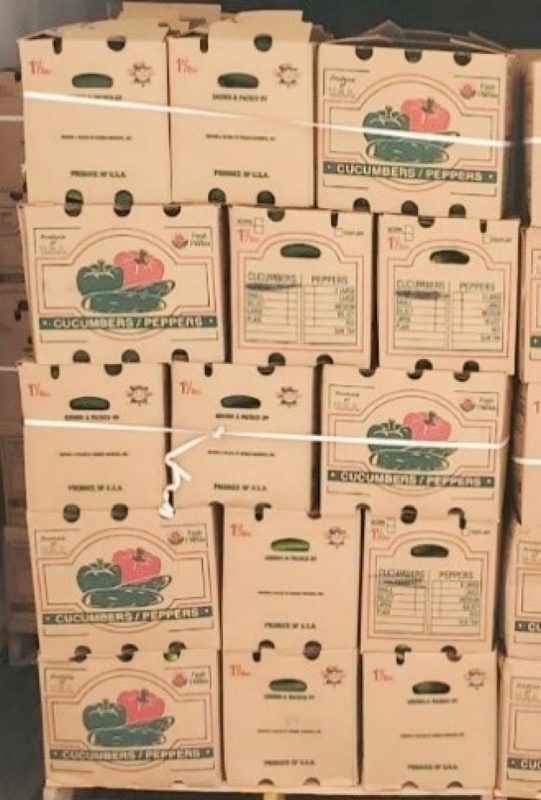The recent recall of cucumbers shipped to 14 states due to concerns over salmonella contamination has raised awareness about food safety and the importance of proper handling practices in the food industry. Salmonella is a common bacteria that can cause food poisoning, leading to symptoms such as diarrhea, fever, and abdominal cramps. In severe cases, salmonella infection can be life-threatening, especially for vulnerable populations such as young children, elderly individuals, and those with weakened immune systems.
Food recalls are not uncommon in the food industry, and they are typically initiated when there is a concern that a product may be contaminated or pose a health risk to consumers. In the case of the recalled cucumbers, the potential presence of salmonella bacteria led to the decision to remove the affected products from the market to prevent the spread of illness.
Consumers play a vital role in preventing foodborne illness by practicing proper food safety measures at home. It is essential to thoroughly wash fruits and vegetables before consuming them, as this can help remove potential contaminants such as bacteria or pesticides. Additionally, storing produce properly and refrigerating items that require cold storage can help prevent the growth of bacteria and prolong the shelf life of perishable foods.
In light of the cucumber recall, it is crucial for consumers to stay informed about food recalls and take necessary precautions to protect themselves and their families. Checking product labels, staying up to date on news alerts, and following food safety guidelines recommended by health authorities are important steps in minimizing the risk of foodborne illness.
Food producers and distributors also have a responsibility to implement robust food safety practices to ensure the quality and safety of their products. This includes maintaining strict hygiene standards in processing facilities, conducting regular quality control checks, and adhering to regulations set by food safety authorities.
Ultimately, food safety is a shared responsibility that requires collaboration between consumers, food producers, and regulatory agencies to safeguard public health and prevent the spread of foodborne illnesses. By staying vigilant, practicing good food safety habits, and supporting transparent communication across the food supply chain, we can work together to reduce the risk of food contamination and protect the well-being of all individuals.


























